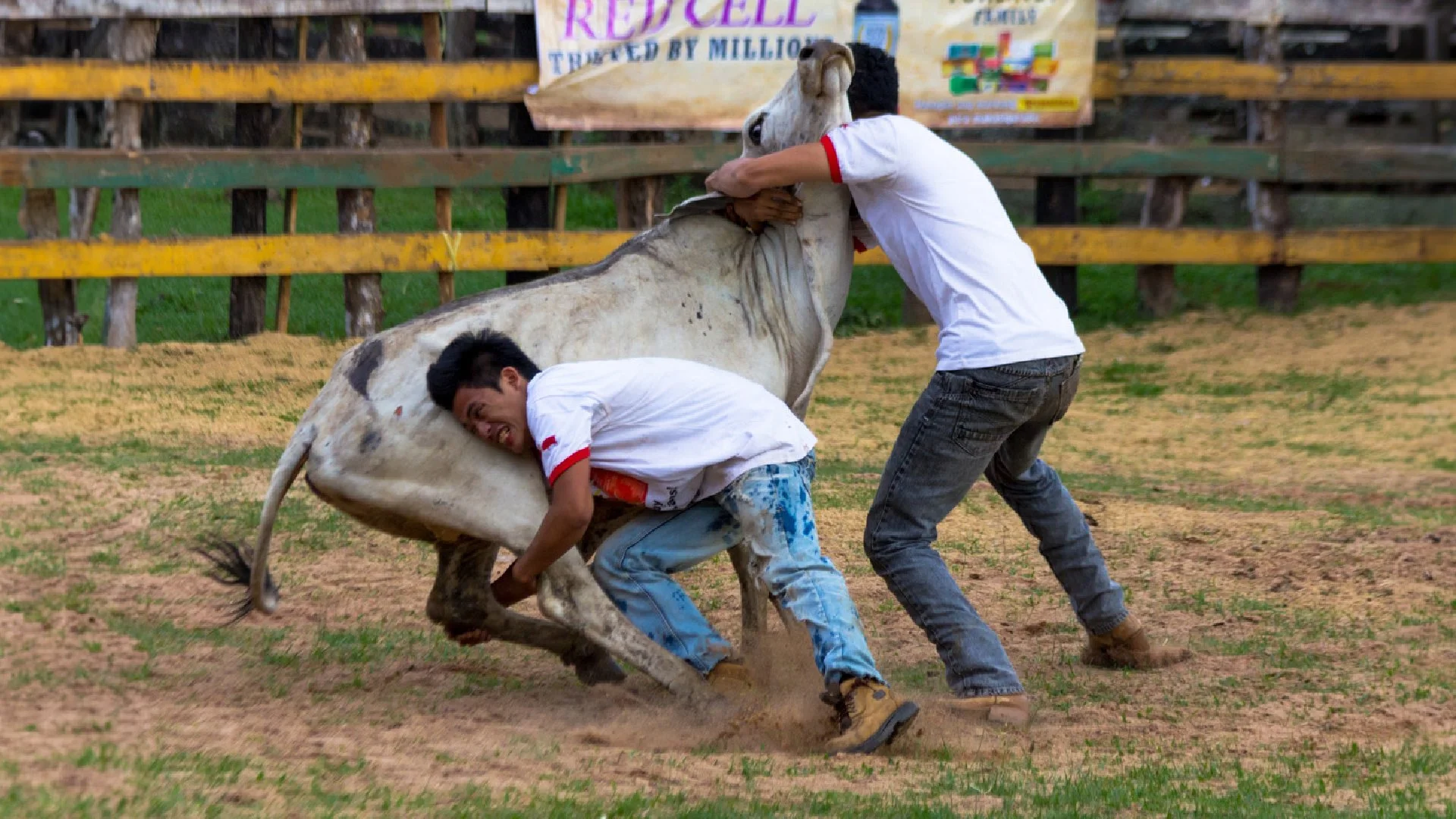Retirement…
Last Sunday, after serving for thirty years as pastor of Alice Drive Baptist Church, I announced my intention to step down once a new pastor has been found.
This whole experience has been a bit unreal. First, the average pastor in North America stays about five to seven years. One friend of mine is currently in his fifth pastorate – and he is ten years younger than me. I never dreamed I would stay at one church this long. I’ve had opportunities to go elsewhere but never felt led to go.
Second, to stay at one church for thirty years means I am thirty years older. This does not seem possible. I began serving Alice Drive when I was thirty-four. I had two small children. My youngest was born in my second year at the church. Back then, we had two other children in the nursery. A baby boom followed. Some of the kids born in my first years are now married and have children of their own. How could this be? In my mind, I am still in my early thirties, no matter what my mirror says.
Third, people refer to this as “retirement.” When I shared this news with our church, several people my age who have already retired told me, “You will love retirement.” I am sure I will enjoy having great control of my schedule, but I really don’t have a model for retirement. My stepfather retired after thirty-seven years with S.H. Kress, then went to work the next week at the ranch, where he worked another thirty years. My father-in-law went to work every day up until a few weeks before his death. So, I am not thinking about retirement; I am thinking about this as the beginning of another chapter.
I plan to write more, spend more time with the cows, and do some consulting – after I spend the first month sleeping. But that will have to wait until a new pastor arrives.
People told me the new pastor will have big shoes to fill. I replied, “Not really. I wear a 10 – wide.” I know they mean well, but I am not one of those guys who wants his successor to fail so he can prove how valuable he was. I think a new pastor will bring new ideas and new energy. I look forward to being his greatest encourager.
What will I miss most about being a pastor? It’s hard to say. Since I will still be in my role for several more months, my tasks and schedule will not change much for now. I do enjoy seeing people take their next steps toward Jesus, whether it is a child professing their faith and saying they want to be baptized, an adult who is struggling with faith stepping through the doors for the first time, or a couple who begins to lead a LIFE Group and discovers this is their ministry. I enjoy preaching and teaching the scriptures; especially when I can help people discover something about God they did not know. I feel truly blessed that over my thirty years as pastor, I have walked beside people in some of the most important moments of their lives. I’ve celebrated their marriages and the birth of their children. I’ve been at the hospital when they faced injury or illness (the stories I could tell). I’ve tried to counsel them through tough moments in life and marriage. I’ve walked with them to the final resting place of their loved ones. No seminary professor ever explained how sacred these moments are when you sense and feel the holiness of God.
I do have regrets. Too often, I put the church ahead of my wife and my children. I wish I had developed better ways of taking care of myself physically and emotionally. I was far too sensitive about what people said about me instead of listening to what God wanted for me.
Strangely, I also regret running out of time. There are things I wished I’d had a chance to do that I won’t. There are still sermons I want to preach, ministries I want to launch, and people I want to tell about Jesus. Of course, I will still be able to do some of those things, but not as a pastor. I recently told my wife, “I just realized Alice Drive will be the last church I will ever pastor.”
My friend Dave Travis, who works with large churches in their transitions, tells me the average church takes about eight months to a year to find a new pastor. I’ve got some time. In these last months, I am going to enjoy my job. Psalm 126:3 says, “The Lord has done great things for us, and we are filled with joy.”
The truth is, there is a time limit on all of us. Solomon told us in Ecclesiastes that the best thing we can do is enjoy our work while we can. It has been a joy to serve the people of Alice Drive, and I look forward to our last few months together.




















